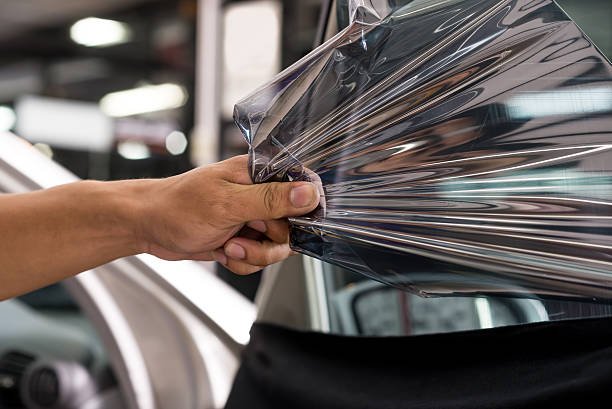
Consider Reflectivity
Beyond darkness, tint reflectivity also plays a crucial role in adherence to the law. Some jurisdictions restrict tint reflectivity to prevent hazardous glare for other drivers. Thoroughly research and confirm that your selected tint falls within or below allowable reflectivity limits. This step ensures not just compliance but also safe driving conditions for everyone on the road.